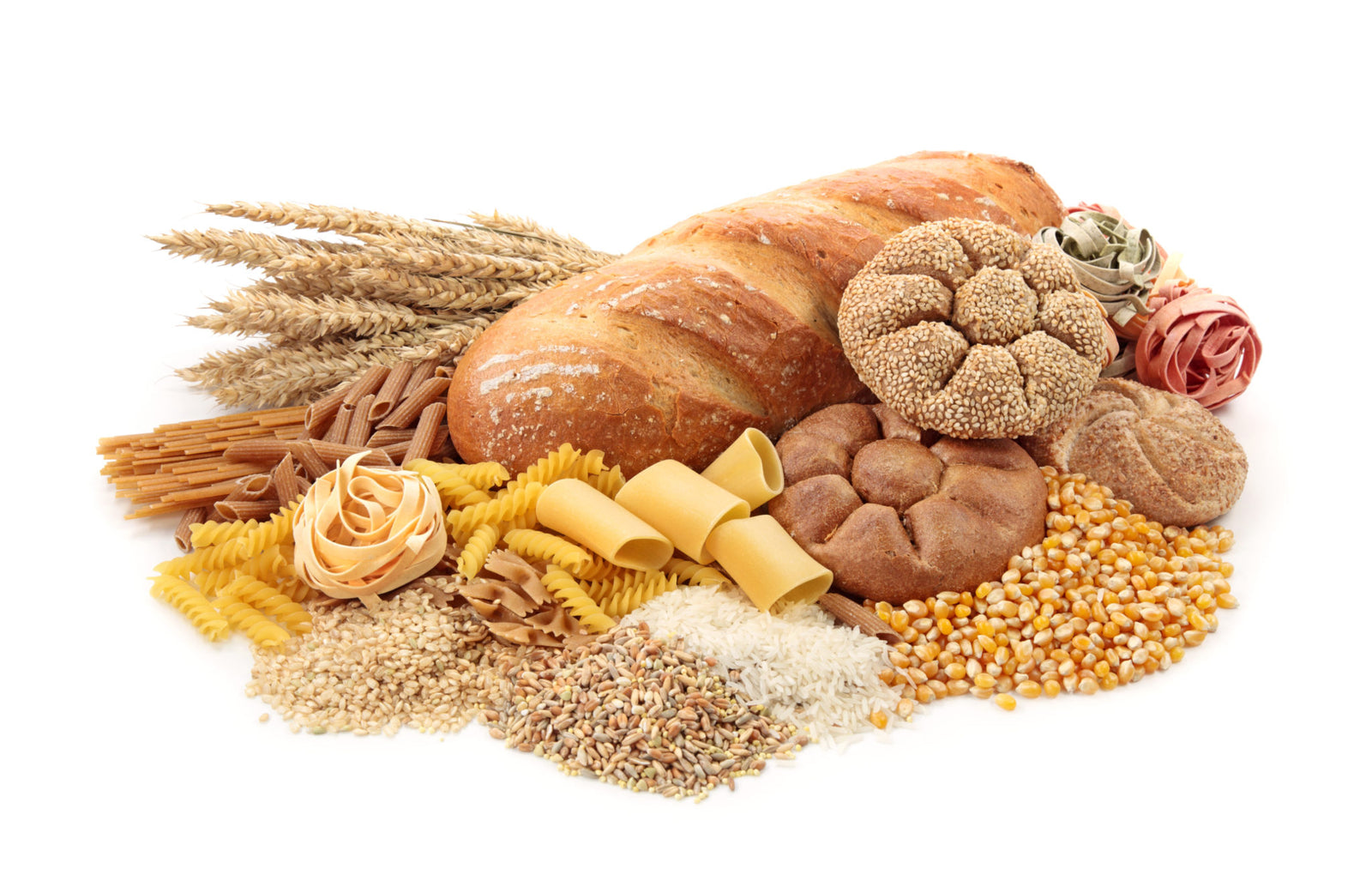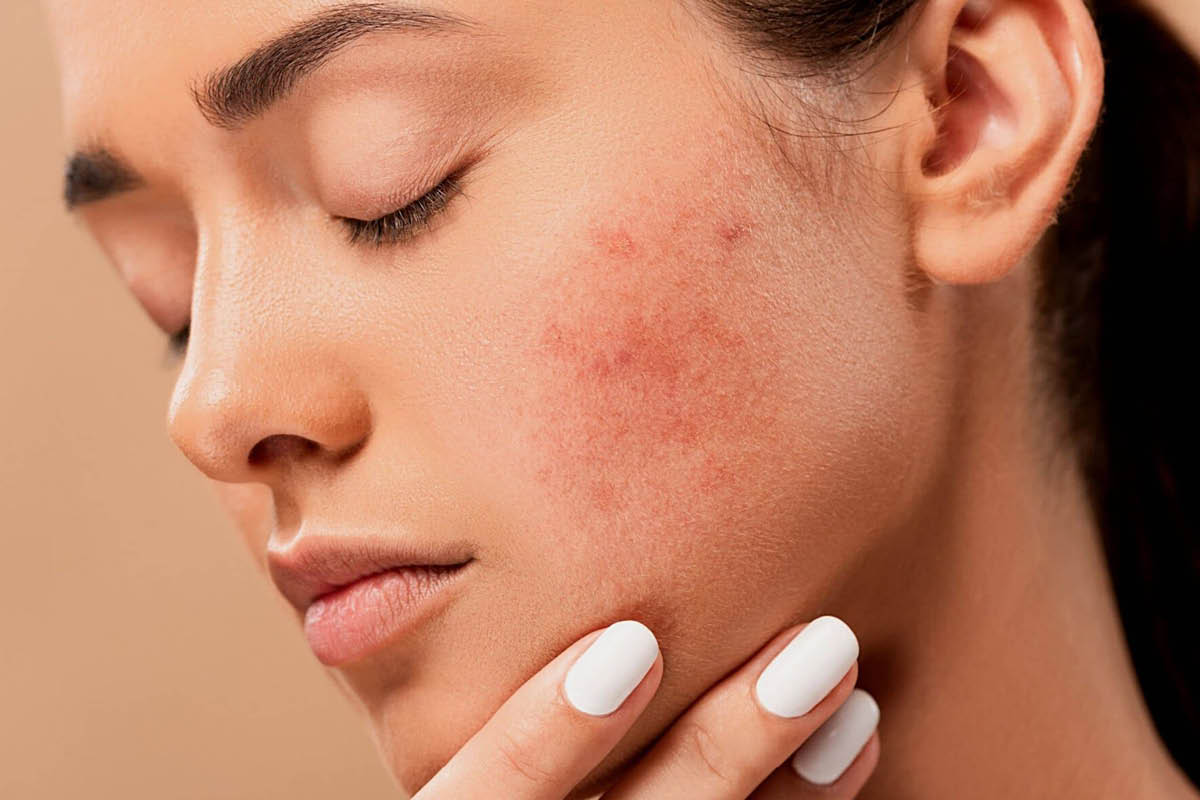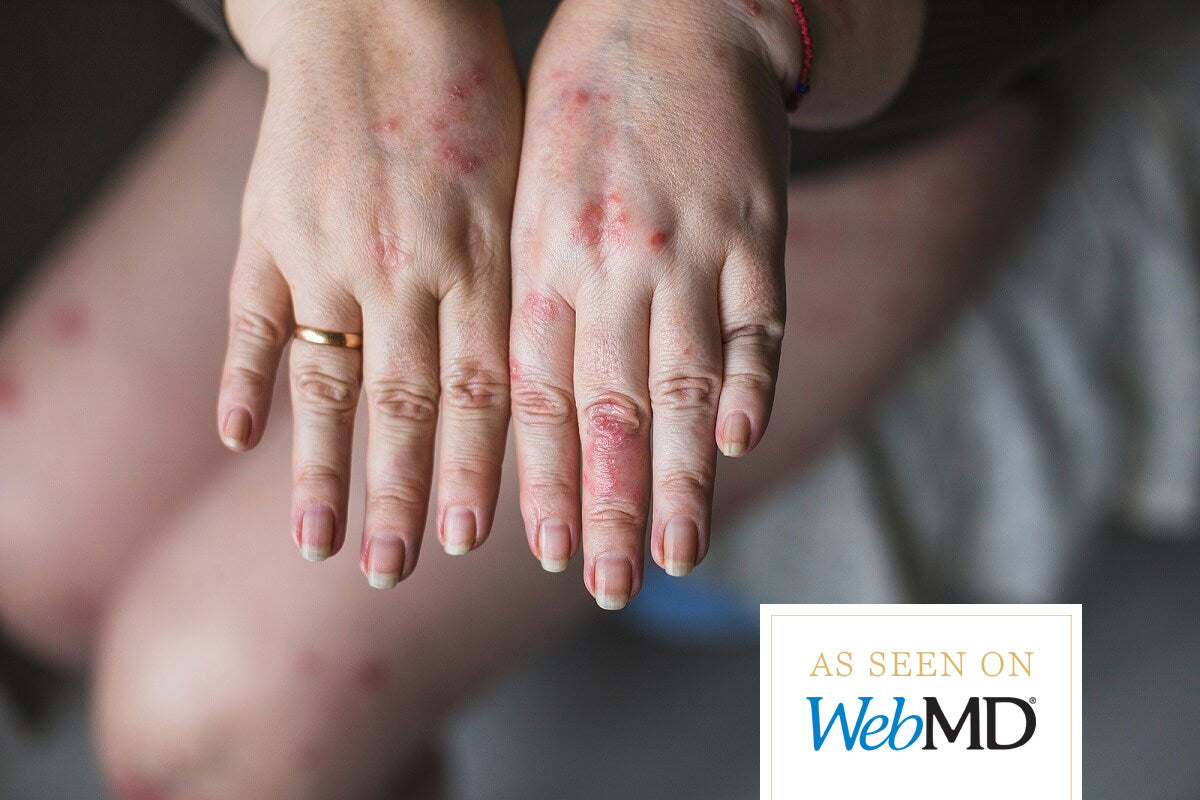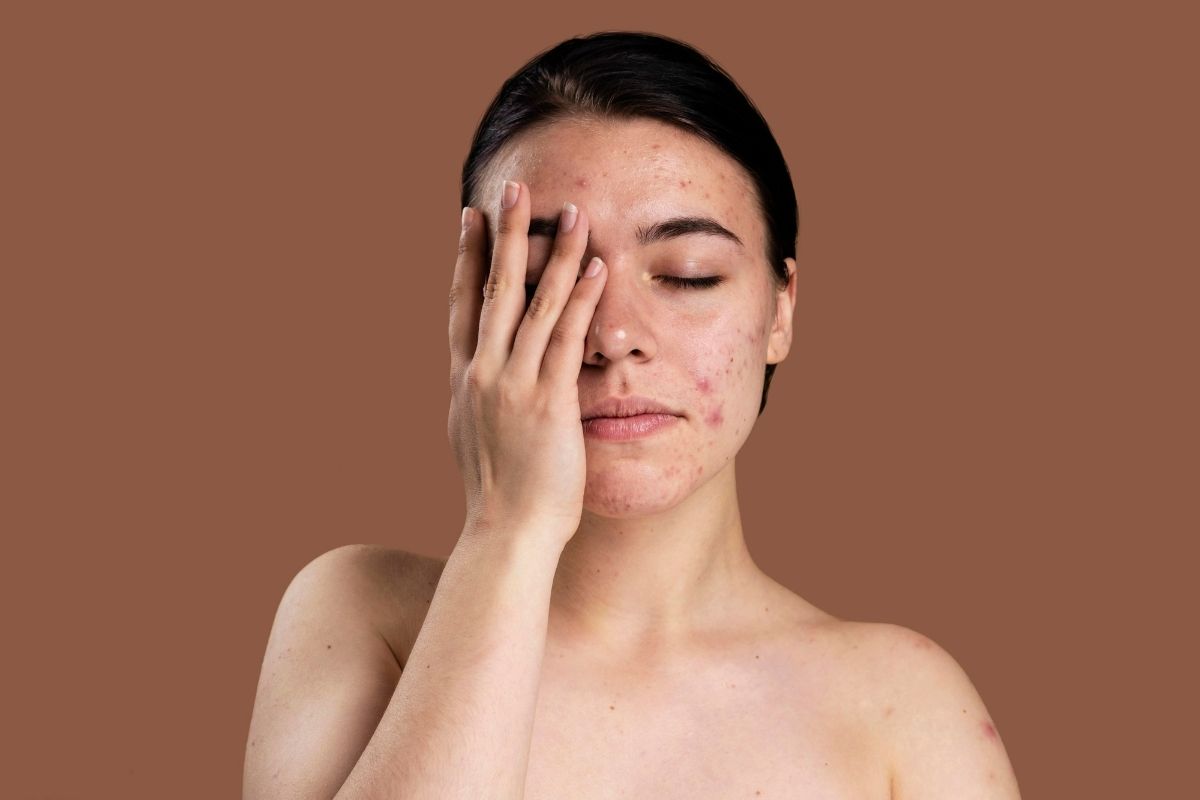Admittedly, different severities of psoriasis will respond differently to food.
Here are a few reasons why food does impact the health of your skin:
- Research has shown a link between people with moderate to severe psoriasis to insulin resistance. What this means is the type of carbohydrates and the quantity can increase inflammation in the body. So this research suggests that, psoriasis sufferers of moderate to severe forms should eat low GI carbohydrates and it should only fill an eighth of their plate.
- In addition, gluten has been found to increase inflammation in the body and increase insulin resistance, so again this should also be avoided especially if you have moderate to severe psoriasis.
- It is well documented and understood by all practitioners in the health industry, that there are specific foods that are pro-inflammatory and those that are anti-inflammatory. So if psoriasis is an auto-immune disease that presents as inflamed skin lesions on the body, or those with psoriatic arthritis have swollen, painful joints then it would be effective to limit if not avoid pro-inflammatory foods and increase your intake of anti-inflammatory foods.
| Fruit | |
| BananasBerriesCherriesDates Dried Fruit Grapes Grapefruits Guavas Kiwis Kumquats Lychees Mandarins Mangos Oranges Papayas Persimmons Pineapples Prunes Starfruit (carambola) Rhubarbs Tangerines | ApplesFigs (minimal)PearsPeaches Apricots Melons: Cantaloupe Honeydew Rockmelon Watermelon Nectarines Plums Note: ensure all fruit is ripe and avoid tangy/sour varieties. Keep to 3 fruits a day. |
| Vegetables | |
| ArtichokeCapsicumEggplantGarlic Leaks Mushrooms Mustard Greens Olives Onions Peppers Radishes Tempeh Tomato | Alfalfa SproutsAsian GreensAsparagusAvocado Beetroots Broccoli Brussels Sprouts Cabbage Carrots Cauliflower Celery Chinese Cabbage Collards Corn Cucumber (minimal due to its slightly acidic nature) Endives Fennel Green beans Kale Lettuce Okra Parsnip Peas (minimal) Potatoes (minimal) Pumpkin Spinach Squash Sweet Potato Tofu Zucchini |
| Grains/Flours | |
| AmaranthBarleyOatsRye Spelt Triticale Wheat | BuckwheatMilletQuinoaSoya Flour Rice (biodynamic) Brown Wild White (in moderation) |
| Cereals | |
| All processed cerealsMuesliOatsNo breads except those that are made from grains you can eat (best to make your own as some people react to the preservatives in them) | Quinoa FlakesRice flakes (Lowan)Puffed Rice (varying reactions so try a small amount and wait for 3 days to see what type of reaction you get) |
| Meat | |
| BeefMuttonPork | ChickenLambTurkey |
| Seafood | |
| CrabsLobsterPrawnsSquid/Calamari Octopus All shellfish should be avoided Roe/Caviar Trout (that is farmed) | BreamCatfishCodJohn Dory Mackerel Salmon Sardines Trout (Ocean) Flake Snapper Trout Tuna Whiting etc |
| Herbs | |
| Processed should be avoided | Fresh is suitable in abundance |
| Spices | |
| All spices that are warm should be avoided as they may inflame psoriasis | |
| Condiments | |
| All should be avoided as they are processed and will irritate psoriasis | |
| Nuts | Must be raw |
| BrazilCashewsPeanutPistachios | AlmondsHazelnutMacadamiaPine Walnuts |
| Seeds | |
| None known | FlaxseedsPumpkinSesameSunflower |
* Please note that individual difference exist and this should be just used as a guide
I must mention, as a health practitioner I regularly hear patients say that I followed this type of diet but didn’t notice anything change in my skin or I felt no difference in my joints.
It is important to understand that your diet will minimise the introduction of more inflammation in the body, however just as the diet is important to promote the healing process in the skin, so is the treatment you do.
An effective treatment will usually address the acute symptoms, such as thick lesions on the scalp or body, or the pain and burning sensations in the joints.
Once these symptoms have subsided then the next phase is to promote better health to minimise the regularity in break outs and the severity when they do occur.
This formula is what a typical health practitioner follows to assist their patient with long term remission for a disease that has no cure.




